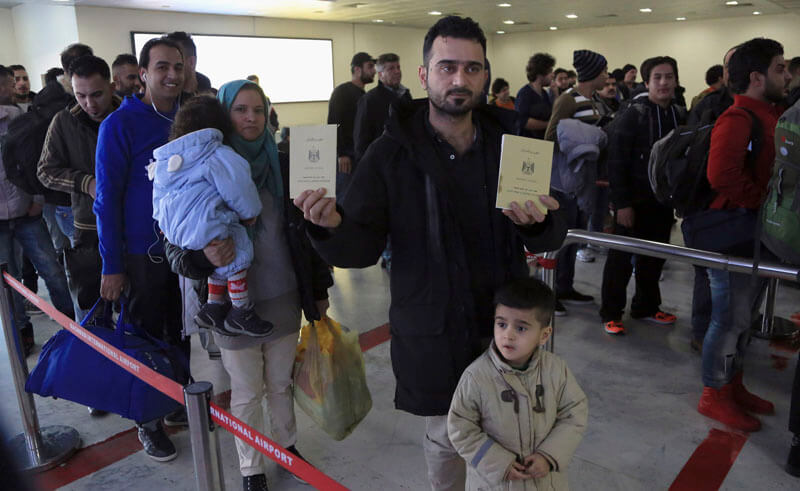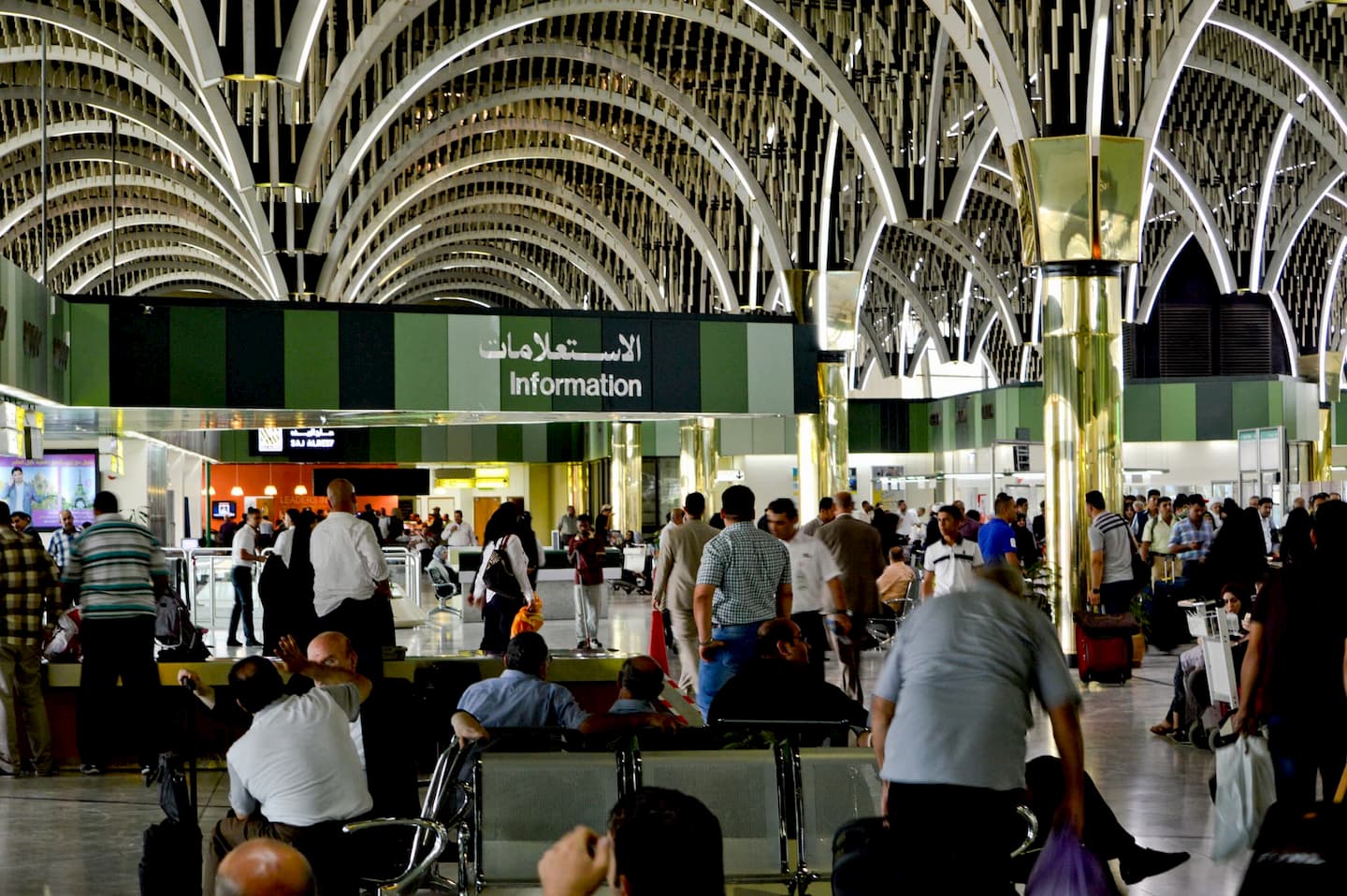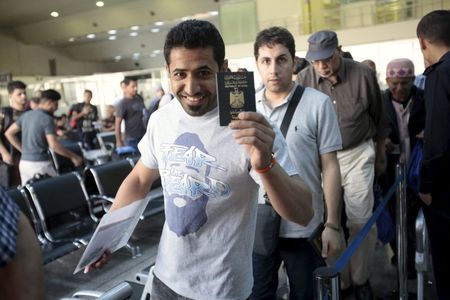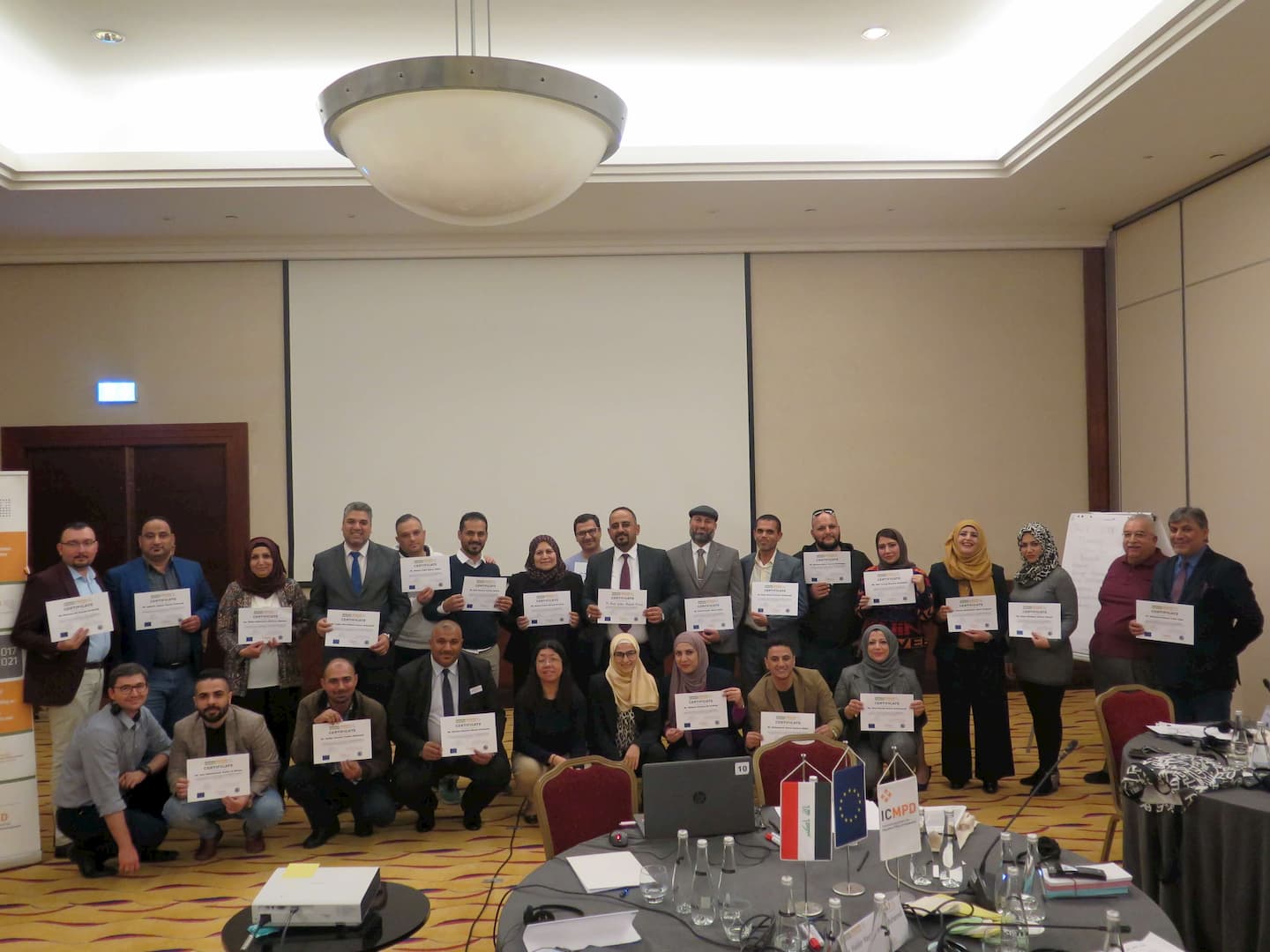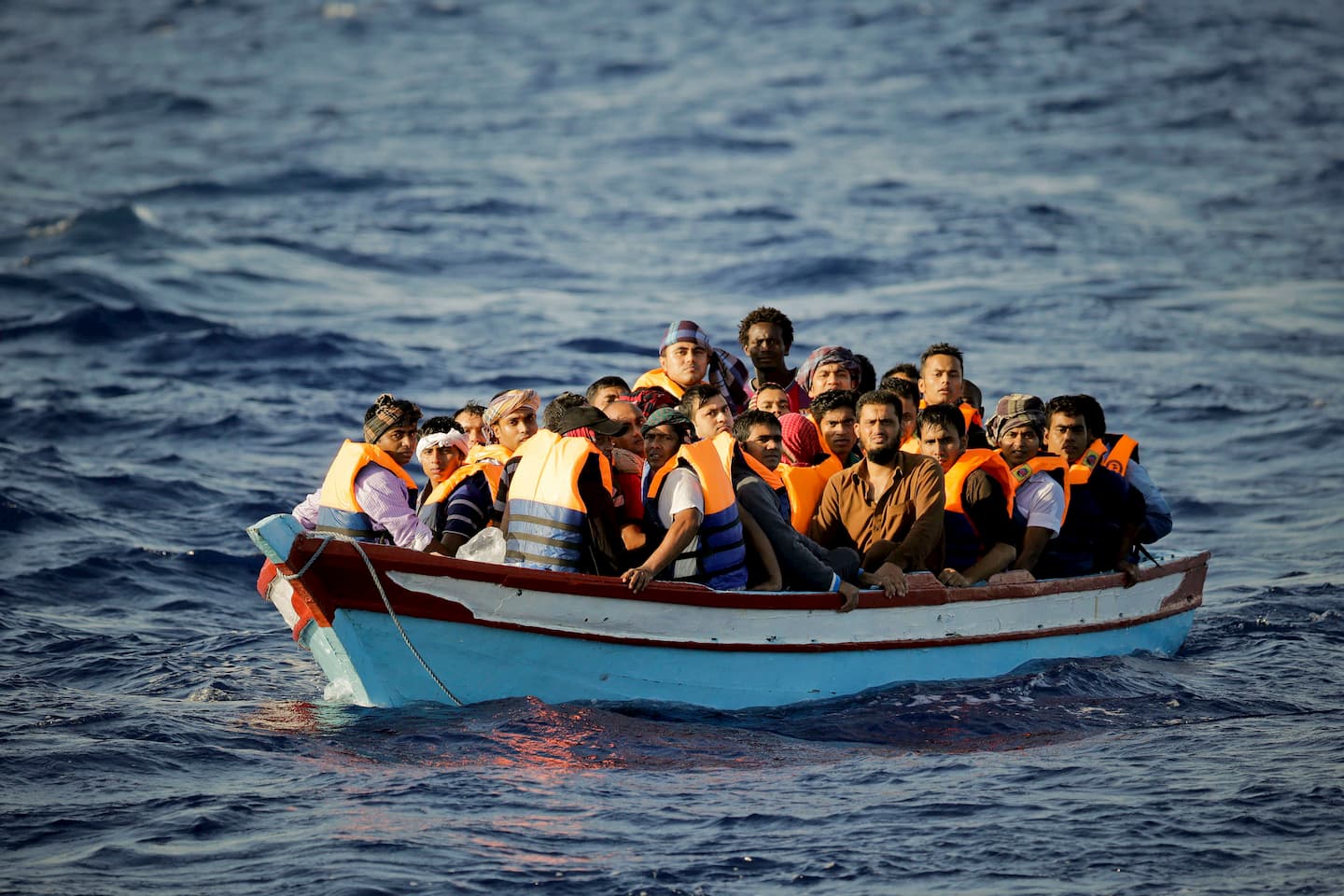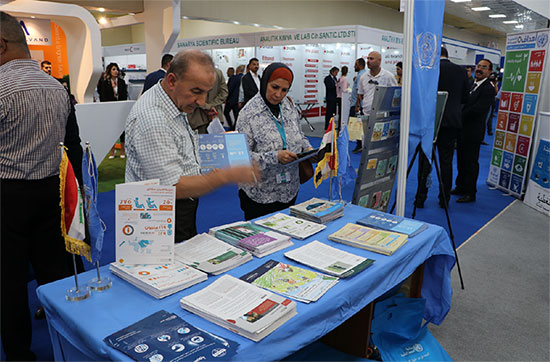What is an MRC?
MRC is an information centre which provides services directly to migrants to facilitate and promote their recourse to legal, orderly and safe migration.
Who can contact us?
Intending migrants, migrant workers, returnees, Iraqis living abroad, students and family members of migrants can contact us.
Which services does the MRC provide?
Counselling to walk-in/ telephone clients
The MRC provides guidance on a number of issues ranging from the processes and procedures involved in all stages of the migration cycle, rights and duties of migrants in destination countries, socio-cultural norms (and laws) of destination countries. Providing intending migrants with an opportunity to consult the MRC counsellors will enable them to make an informed decision.
Orientation sessions on safe and informed migration with students
The MRC provides free of cost orientation to intending migrants by educating people about safe migration whether it is for employment, settlement or education. These sessions highlight the benefits of regular migration and expose the hazards associated with irregular migration. They can also target the most vulnerable groups such as refugees and internally displaced persons (IDPs).
Referral and Support
There are often times when a client has a query or concern which goes beyond the ambit and scope of the MRC. These concerns, while relevant to the subject-matter in general, may be dealt with by government services or other organisations established primarily for those concerns.
Outreach through (social) media
To enhance the outreach to broader mass of Iraqis, (social) media products shall be developed, such as: MRC website: www.mrciraq.iq, Facebook site, Twitter account.
Research
Through the outreach activities, MRCs naturally collect information and data on migration in Iraq. In addition, the MRCs can conduct small surveys to better analyse and understand migration trends in Iraq.
Cooperation with Stakeholders
Seeking cooperation with stakeholders, including ministries, government departments and institutions, NGOs, concerned embassies, media and academia and many more is a core element of the MRC outreach work. This element of the outreach work is essential to ensure the sustainability of awareness raising and community outreach of the MRC. Partnerships shall be sought with government entities providing services to the Iraqi people in various stages of migration, NGOs with a community outreach (and migration) agenda, embassies to gather knowledge on legal migration opportunities, identify fraudulent agents/advertisements abroad, academia – to grow the knowledge base on migration, etc.
Briefings to the journalists / outreach through media
The media and journalists play a crucial role in shaping people’s mind on migration issues. Media can raise awareness on the issues of migration, irregular migration, migrant smuggling, human trafficking and the consequences and hazards related to irregular migration.
Outreach (stalls) at exhibitions/ educational events
Exhibitions and educational events provide a good opportunity for visibility, distribution of IEC material and showcase MRC services to youth. Furthermore the MRC can organise exhibits and promotional events to inform the public of the services that are provided by the MRC.
Who is working for the MRC?
The MRC team comprises of professionals who have vast experience in the field of migration, counselling and community engagement. The team is led by MRC Coordinator and supported by MRC counsellors. The MRC team is part of the Ministry of Labour and Social Affairs (MOLSA) and supported by the International Centre for Migration Policy Development (ICMPD). The MRC is funded by the European Union and Norway through project (Improving Migration management in the Silk Routes countries” and “Establishing an MRC and raising awareness on migration in Iraq”
What is the objective of the MRC?
1. Information: To increase the accessibility of the potential migrants, labour migrant and their families, to general and specific information on migration, as well as for incoming foreign workers.
2. Awareness raising: To raise awareness on the issues of safe migration and consequences and hazards of irregular migration - among students, foreign workers, media, community leaders, IDPs, etc. through orientation sessions, workshops and outreach campaigns.
3. Capacity Building: Collaborate with relevant government departments to improve services available to potential migrants and foreign workers
4. Advice: Become a one stop shop for potential migrants as well as foreign workers by providing basic, reliable information at all stages of migration cycle
Can the MRC secure a job abroad?
No, MRC cannot secure a job abroad for you. MRC is a resource centre for migrants for information and guidance. The MRC is not a job placement centre or recruitment agency.
Can the MRC get me a visa?
No, MRC cannot provide visa facilitation. However, we can guide you through necessary steps to get a visa and provide information on visa requirements of different countries.
Are you charging for your services?
No, all of our services are completely free of cost.
Can the MRC conduct orientation sessions for students?
Yes, MRC conducts orientation sessions for students from vocational and technical institutes, colleges and universities. MRC counsellors visit technical institutes, colleges and universities to hold awareness session on regular basis.
What opportunities / avenues are available for students who want to pursue further education abroad?
These links maybe useful:
How can the MRC help me in migrating abroad?
The MRC can provide you with information that will be useful for you to make an informed decision about migrating.

